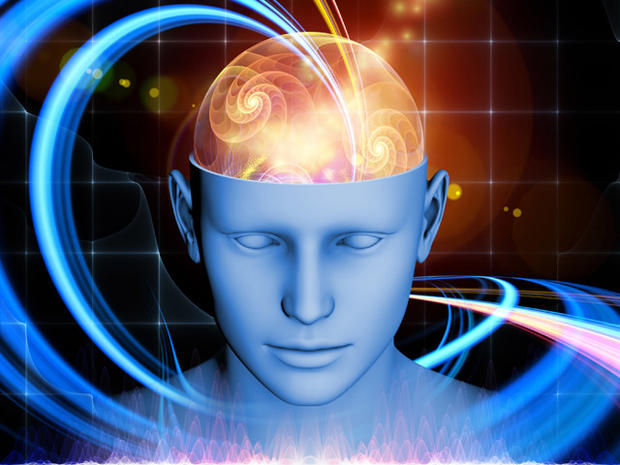Shedding Some Light on Seasonal Affective Disorder
By Beth Israel Deaconess Medical Center Correspondent
Do the shorter days of winter make you feel like hibernating? Does your energy wane and your outlook become gloomy? You're not alone. Each year millions of Americans contend with Seasonal Affective Disorder, also known as SAD, and the further north you live, the more likely you are to be affected.
"SAD is a type of depression. Symptoms vary from person to person and can include feelings of sadness, irritability, lethargy, fatigue, sleep disturbances, overeating, feeling discouraged, changes in weight, avoiding social situations and difficulty in performing everyday tasks," says Dr. Helen Farrell, a psychiatrist at Beth Israel Deaconess Medical Center. "SAD is a more serious condition than a fleeting feeling of 'winter blues,' and anyone who has concerns should talk with their doctor."
SAD's onset is usually in late fall to winter and can last through spring, although some people experience a form of SAD in the summer months. It can recur from year to year, and without treatment, symptoms typically last until the days start to get longer again. While it's not known exactly what causes SAD, the link between light and SAD is well known.
SAD's onset is usually in late fall to winter and can last through spring, although some people experience a form of SAD in the summer months. It can recur from year to year, and without treatment, symptoms typically last until the days start to get longer again. While it's not known exactly what causes SAD, the link between light and SAD is well known.
"It could be that the changing patterns of light associated with fall and winter are messing with our internal clocks, also called our circadian rhythm," says Farrell. "It could also be that less sunlight means less serotonin, a chemical in the body that acts as neurotransmitter and is known to affect mood. Or less light might be negatively affecting melatonin production, a hormone that plays a role in sleep patterns and therefore mood."
It's estimated that about 5 percent of Americans suffer from full on SAD each year and anywhere from 10 to 20 percent of Americans experience a milder form. Farrell says there are simple steps every person can take to ward off winter depression.
"I recommend maintaining good sleep habits, taking a daily walk outside, even if it's cloudy, and aerobic exercise," she says. "If you can't get outside, do some heart pumping exercises indoors."
Dr. Michael C. Miller, a psychiatrist at BIDMC and Editor in Chief of the Harvard Mental Health Letter, cautions that anyone who feels a low mood for more than a few weeks should consult with a doctor or seek a referral to see a mental health professional. "Early detection and diagnosis are important because the deeper you fall into a depressive state, the harder it is to get out without help," he says.
Farrell agrees. "There are many treatments that can help with SAD - light therapy, antidepressants and psychotherapy."
Exposure to sunlight or sitting in front of a light box, which shines brighter than ordinary indoor lighting for 30 minutes each day, or whatever your doctor recommends, can help dramatically decrease symptoms. About 70% of patients experience relief of their symptoms after a short course of light treatment.
Still, many patients do not respond to light therapy alone. "For those patients we might consider adding an antidepressant or talk therapy, or trying some combination of all three," says Farrell. "It's important to work with your doctor and figure out what will be most effective for you."
"The bottom line is, if you have a low mood, take it seriously and don't dismiss it, particularly if it's persisted for a while," Miller adds. "These days, primary care physicians are very tuned in to psychiatric and/or mood problems and can be very helpful with treatment recommendations and referrals."
Above content provided by Beth Israel Deaconess Medical Center. For advice about your medical care, consult your doctor.
Posted January 2016
